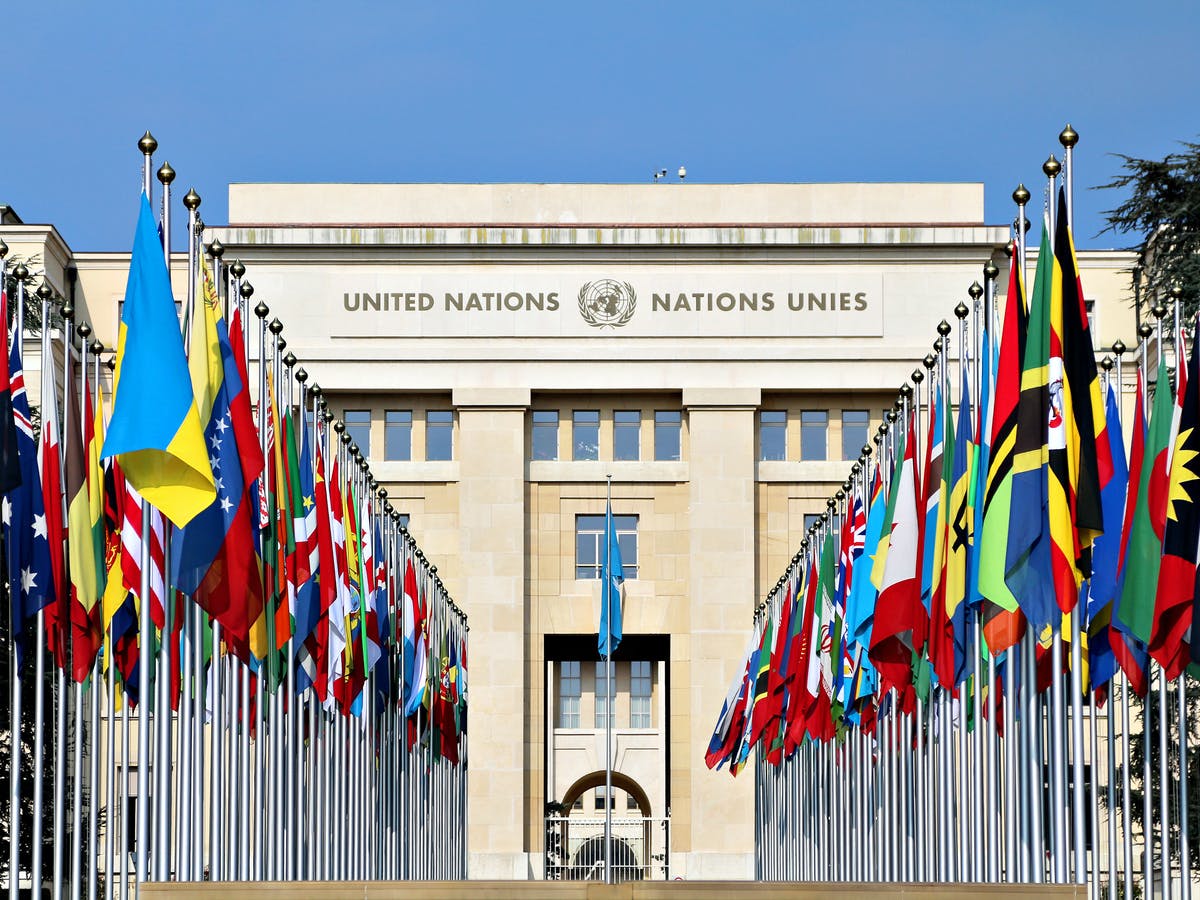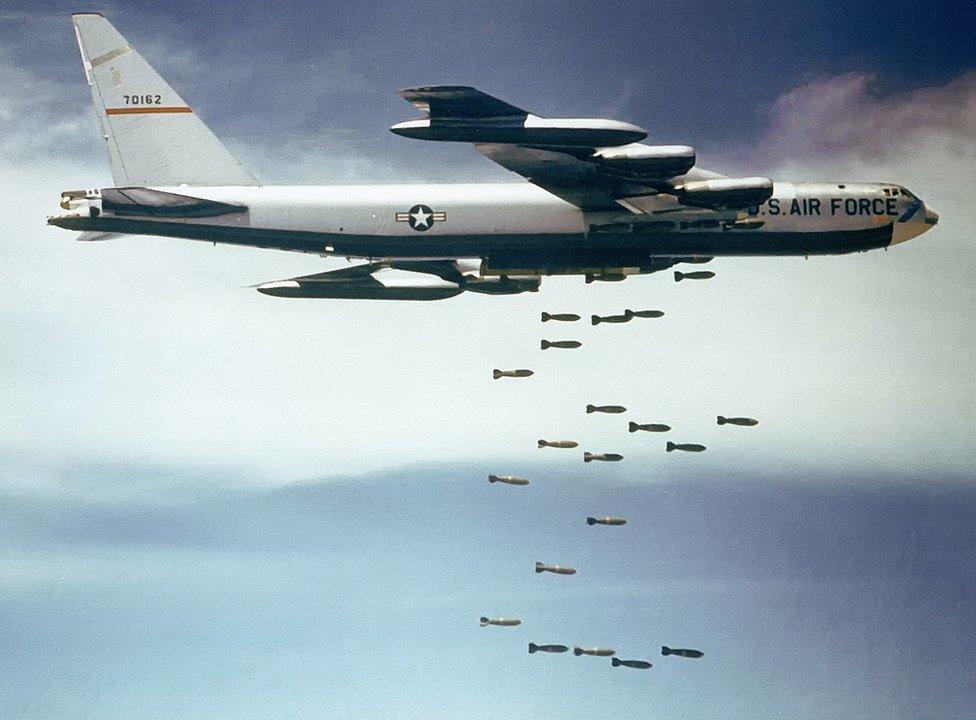Massive Muslim Alliance Forming Over Gaza Crisis – Here’s Why: A powerful wave of unity is emerging across the Muslim world — and it’s centered around the escalating humanitarian crisis in Gaza.
In recent months, the scale of destruction in the Gaza Strip has reached alarming new levels. Widespread civilian casualties, infrastructure collapse, and growing accusations of war crimes have pushed many Muslim-majority nations to move beyond symbolic outrage. Instead, they are stepping up with coordinated diplomatic and political responses that some analysts are calling the formation of a “massive Muslim alliance.”
But what triggered this shift — and where was this unity when Israeli civilians were also suffering?
A Short Note on Israeli Hostages and Hamas Attacks
Before diving deeper, it’s important to address a critical question: Where was the outrage when Israeli civilians were targeted?
Indeed, the October 2023 attacks by Hamas — which included rocket barrages and the taking of over 200 Israeli hostages — sparked global condemnation, including from several Muslim countries. Some, like Jordan, Egypt, and Turkey, criticized the targeting of civilians and called for restraint on all sides.
However, for many of these nations, that condemnation was paired with warnings against using Hamas’ actions as justification for what they see as disproportionate retaliation by Israel. In their view, while hostage-taking and civilian deaths are unequivocally wrong, collective punishment of Gaza’s entire population — cutting off electricity, bombing hospitals, displacing millions — is equally unacceptable.
So while Muslim nations didn’t turn a blind eye to Israeli suffering, their current unity reflects a deep concern that Israel’s military response has far exceeded self-defense, turning into a humanitarian catastrophe.
The Gaza Crisis: A Tipping Point
The humanitarian disaster unfolding in Gaza has struck a nerve across the Islamic world. Graphic images of destroyed homes, mass graves, and children pulled from rubble have flooded the media — fueling public anger and political pressure.
The crisis has re-ignited the Palestinian issue in a way not seen since the Second Intifada. And this time, leaders aren’t just offering words — they’re taking coordinated steps that may mark a turning point.
Diplomatic Mobilization in Full Swing
OIC Takes the Lead
The Organization of Islamic Cooperation (OIC) has held several emergency sessions, culminating in a joint declaration demanding:
An immediate ceasefire,
International legal action against Israel,
And a collective reassessment of ties with Tel Aviv.
This is the strongest unified language from the OIC in years.
Regional Powerhouses Move
Iran and Pakistan have jointly pushed for sanctions and called on Muslim states to cut ties with Israel.
Turkey and Qatar have increased humanitarian support for Gaza and criticized Western nations for backing Israeli military actions.
Saudi Arabia has frozen normalization talks with Israel and aligned itself more closely with Arab and Islamic consensus on Gaza.
Even countries with diplomatic ties to Israel — such as the UAE and Morocco — are feeling pressure from their populations and have issued strong condemnations of Israeli airstrikes.
From Words to Action?
This growing alignment is beginning to extend beyond diplomacy.
Legal & Economic Tools
A bloc of Muslim countries is supporting the genocide case at the International Court of Justice (ICJ).
Others are preparing legal aid for war crimes investigations against Israeli officials.
Public campaigns for consumer boycotts and corporate divestments are gaining traction across the Islamic world.
Media & Messaging
State-backed media like Al Jazeera and TRT World are amplifying Palestinian voices and documenting Israeli military actions in real time, shaping both public opinion and international discourse.
Why This Moment Feels Different
The Palestinian cause has long been a unifying issue in the Muslim world, but follow-through has often been weak. Now, that’s changing — not only because of what’s happening in Gaza, but because of:
Social media pressure, especially from younger generations,
Geopolitical realignment, as U.S. influence wanes in parts of the Muslim world,
And a growing sense that if action isn’t taken now, it may never be.
A Fragile, Yet Forming Alliance
Let’s be clear: this alliance isn’t a formal coalition (yet). There are still divisions over strategy, resources, and national interests. But compared to the fragmented responses of the past, the current level of coordination — politically, diplomatically, and rhetorically — marks a significant shift.
Final Thought
The suffering of innocent people — whether in Tel Aviv or Gaza, Haifa or Khan Younis — should never be politicized. But right now, the sheer scale of devastation in Gaza is pushing Muslim nations to act together in ways that may reshape the Middle East’s diplomatic landscape.
Whether this unity leads to meaningful outcomes or fades like past moments remains to be seen. But for now, one thing is clear:
The Muslim world is no longer standing by silently — and the world is starting to pay attention.




I have recommended your blog to all of my friends and family Your words have the power to change lives and I want others to experience that as well